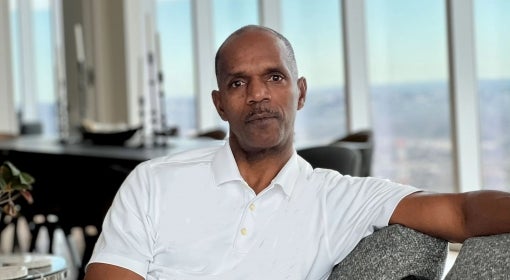Lise Vesterlund has been studying how work works for nearly three decades.
A behavioral economist and Pitt’s Andrew W. Mellon Professor of Economics, her research asks questions like: Why do people with similar qualifications and interests end up with wildly different career outcomes? And why do women get disproportionately saddled with dead-end workplace tasks?
 In 2022, Vesterlund co-authored a book that attempts to answer these questions. “The No Club: Putting a Stop to Women’s Dead-End Work” delves into how cultural and company expectations often lead female employees to take on the majority of nonpromotable tasks, setting up a cycle of chronic workplace stress. Chronic stress, Vesterlund points out, is a sure path to burnout.
In 2022, Vesterlund co-authored a book that attempts to answer these questions. “The No Club: Putting a Stop to Women’s Dead-End Work” delves into how cultural and company expectations often lead female employees to take on the majority of nonpromotable tasks, setting up a cycle of chronic workplace stress. Chronic stress, Vesterlund points out, is a sure path to burnout.
Of course, women aren’t the only people to experience burnout (particularly in a post-COVID world), and work isn’t the only trigger. All kinds of relationships and situations can create taxing demands on your time and energy. So, how can you protect yourself from reaching an untenable level of mind and body exhaustion?
“We can practice saying no when there's room to say no,” Vesterlund says.
Here are her top tips for avoiding burnout by being thoughtful about taking on new commitments and using the power of no:
- Consider your "implicit no": What are you actually saying no to when you say yes to a new task or obligation? Is it a more valued assignment? Your family? Yourself? Assess the request and its consequences carefully before you commit.
- If your inclination is to say yes, wait 24 hours: This one comes straight from Vesterlund’s co-author. Waiting 24 hours to answer a request gives you time to decide whether you truly have the time and capacity to take on the task, and it sets up the expectation that you might just say no.
- If you say no, offer an explanation and a solution: We all understand that “no” is a complete sentence, but sometimes offering an explanation helps to soften the blow. Even better—be a part of the solution. Offering an alternate recommendation or finding the right person to help breeds good will.
-
If you say yes, don’t be afraid to negotiate: Requests and new assignments don’t need to be accepted as-is. Saying yes is also an opportunity to off-load an existing commitment, ask that the work be shared with others or put a time limit on the commitment.
This story was published on Oct. 9. It is part of Pitt Magazine's winter 2023 issue.





